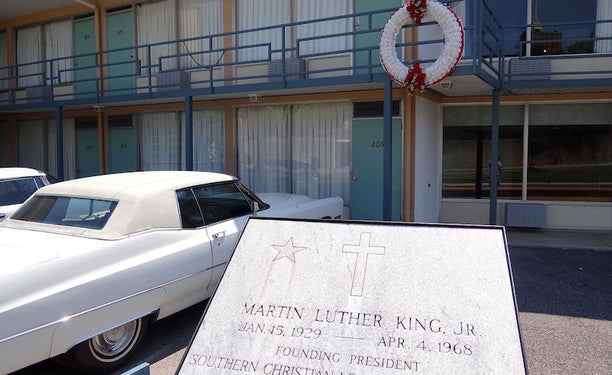
The Assassination of Martin Luther King Jr
William F. Pepper on the assassination of Dr Martin Luther King Jr and the beginnings of the investigation into the conspiracy behind it.

William F. Pepper on the assassination of Dr Martin Luther King Jr and the beginnings of the investigation into the conspiracy behind it.
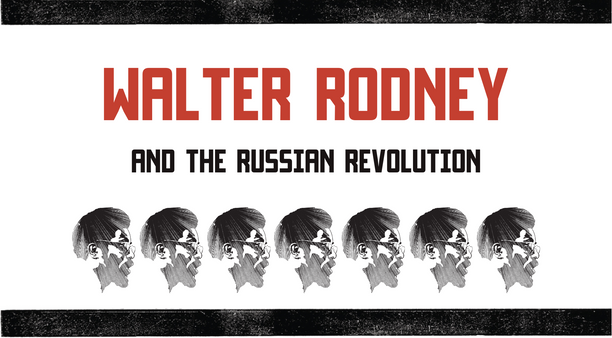
Vijay Prashad on the importance of Walter Rodney's lectures on the Russian Revolution.
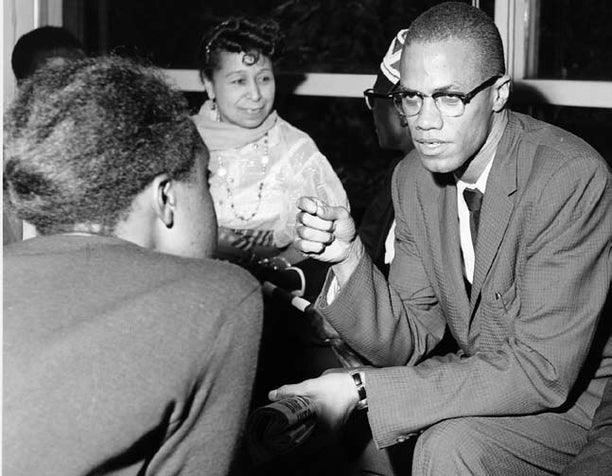
Sam Moore recovers the forgotten history of Malcolm X's solidarity visit to Smethwick
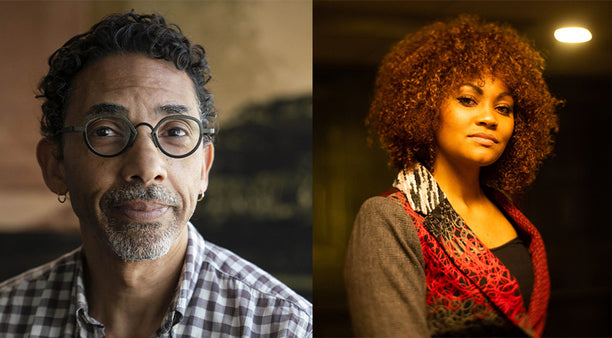
An interview with Robin Kelley and Charisse Burden-Stelly on Black liberation and socialism.
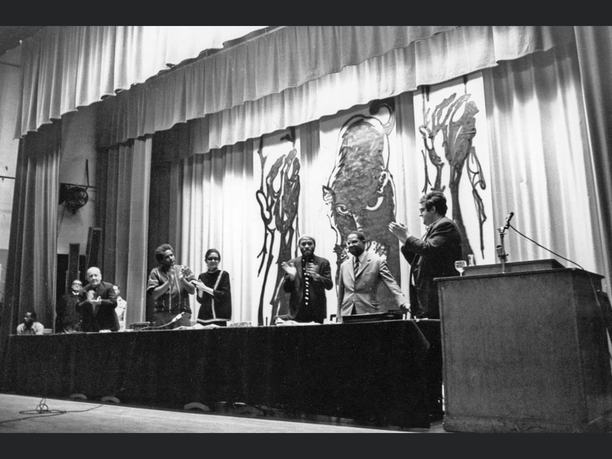
Daniel Guérin (1904-1988), was a French libertarian-communist perhaps best known for his controversial 1960s attempt to synthesize Marxism and anarchism. Here, translated into English for the first time, is the text of his speech about anti-racist struggle in both the US and France.
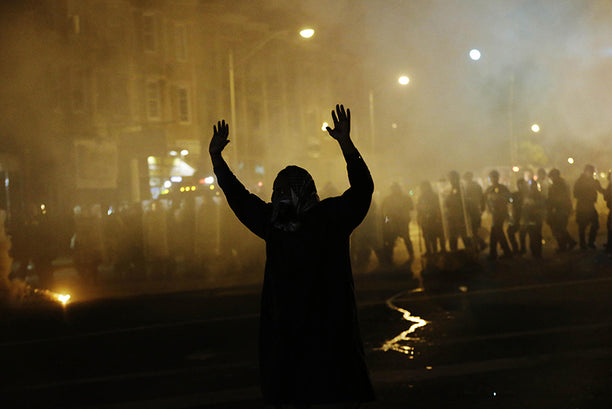
The suggestion that the Ferguson protestors use voting rather than violence to advance their aims has an especially cynical intent and effect. Instead of seeing the routine abuse of Blacks in a city that is two-thirds Black as the fault of its virtually all-white city council, police force, and court system officials, this charge blames Blacks for their own powerlessness.
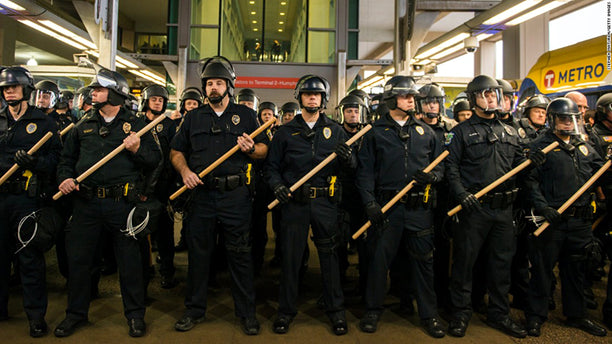
These protests are not just about reshuffling municipal financing, these protests are about reshaping how society is organized, what its priorities are, how it's run, and how the logic of capital and capital accumulation organizes the levers of the state through racism and state violence. People have had enough. They are saying, no more.
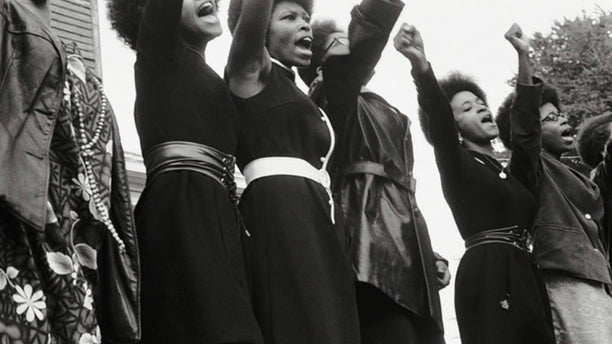
An account of the Black Panthers’ United Front against Fascism (UFAF) conference in August 1969 that appeared in the Old Mole, a paper of the Students for a Democratic Society.
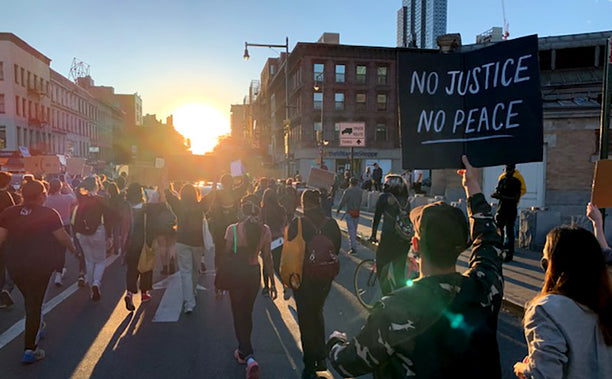
Policing is itself a kind of endless curfew. To the defenders of order, there are always fires that need covering because there is always disorder lurking in the populace, threatening to burn the system down.
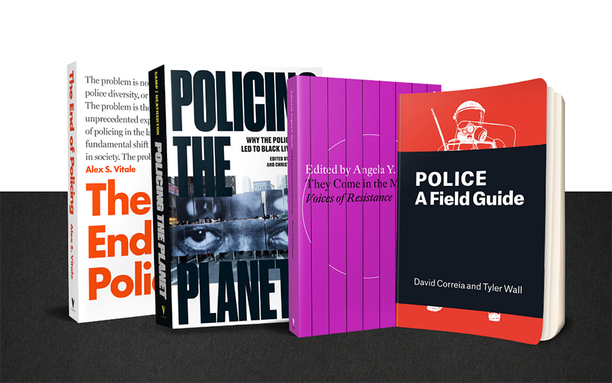
The police have always been used as a tool for the social control of minority populations and to protect the power and property of the elite. A reading list that puts the call for the abolishment of the police in historical context.
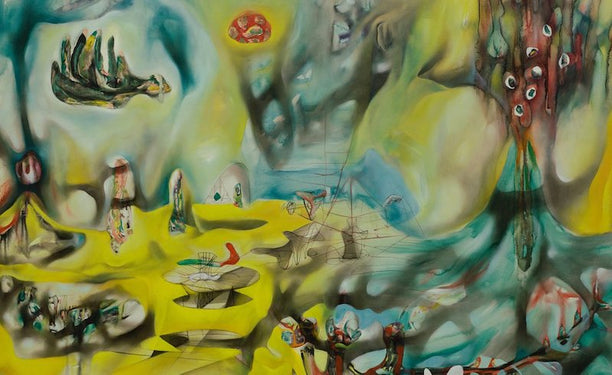
This critique of identity is absolutely and emphatically not a proposal that race should be put second or waved away. It is an insistence on recognizing the material reality of race as a social relation, and forming a more adequate theoretical understanding of it that can be useful for struggles against racism.

"We have to come back to the straightforward explanation that this is a society which is structured by racial oppression and has been for its entire history."